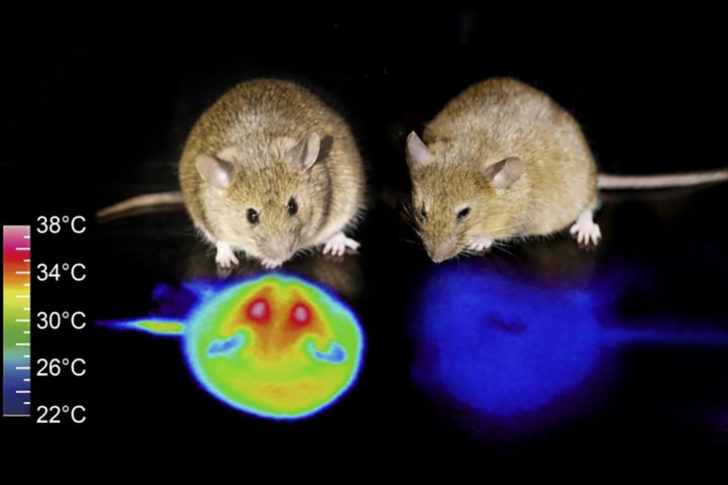In Japan, scientists in Japan have successfully induced a hibernation state in mice by activating a specific group of neurons.
Possible astronaut hibernation?
Research, published this week in the journal Nature, suggests that even animals that don’t sleep naturally during the winter are able to hibernate, according to research published this week in the journal Nature. Entering a state of hibernation could help astronauts conserve food and water and avoid the harmful effects of microgravity during long space trips.

Hibernation isn’t just prolonged sleep. As food becomes scarce and winter approaches, hibernating animals begin to slow their metabolism and lower their body temperature. During prolonged sleep, hibernating animals calm their brains and slow their heart rate and breathing.
The Q neurons allow you to go into hibernation.
Bears, snakes, turtles and other hibernating species are able to save energy. When spring arrives, the animals wake up having lost some weight, but are otherwise healthy. Mice do not hibernate in the wild. But in the laboratory, researchers have been able to bring them to a state of hibernation by activating a type of brain cell called Q neurons.

The mice showed distinctive qualities that met the criteria for hibernation, » said Takeshi Sakurai, a researcher at the University of Tsukuba, in a press release. « In particular, the body temperature set point was reduced from about 36 degrees Celsius to about 27 degrees Celsius, and the body functioned normally to maintain a lower body temperature around 22 degrees Celsius, even when the surrounding ambient temperature was significantly reduced ».
A successful test in mice.
During their hibernation, which lasted about a week, the mice had a slower heart rate, reduced oxygen consumption and slower respiration.

Although mice do not normally hibernate for weeks or months, they do experience what is known as daily torpor, a daily period of reduced physiological activity. However, the researchers were able to replicate the hibernation state in rats, which do not hibernate and do not experience daily torpor.
Humans could hibernate.
Researchers say that experience suggests that it is possible that humans have Q neurons, or comparable brain cells, that could be manipulated to trigger a state of hibernation.

People might not want to hibernate for the same reasons as animals, » said Genshiro Sunagawa of the RIKEN Centre for Biosystems Dynamics Research. « But there are medical reasons for wanting to put people in suspended animation, such as during emergency transport or severe disease conditions like severe pneumonia, when the demand for oxygen cannot meet the supply ».
In the future, we could put humans in a state of hibernation for missions to Mars and beyond, » Sakurai said.
